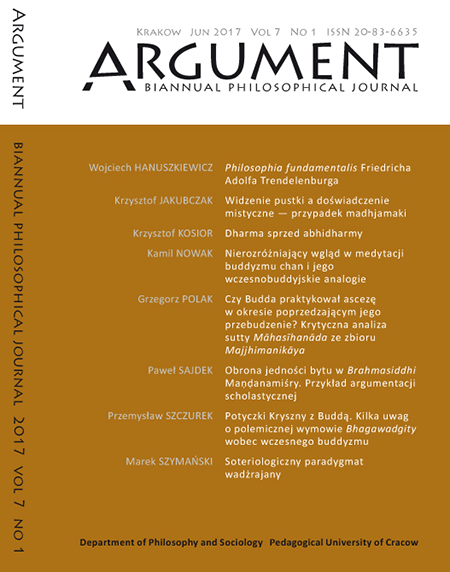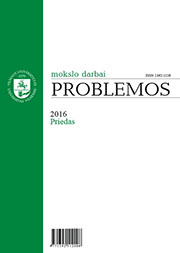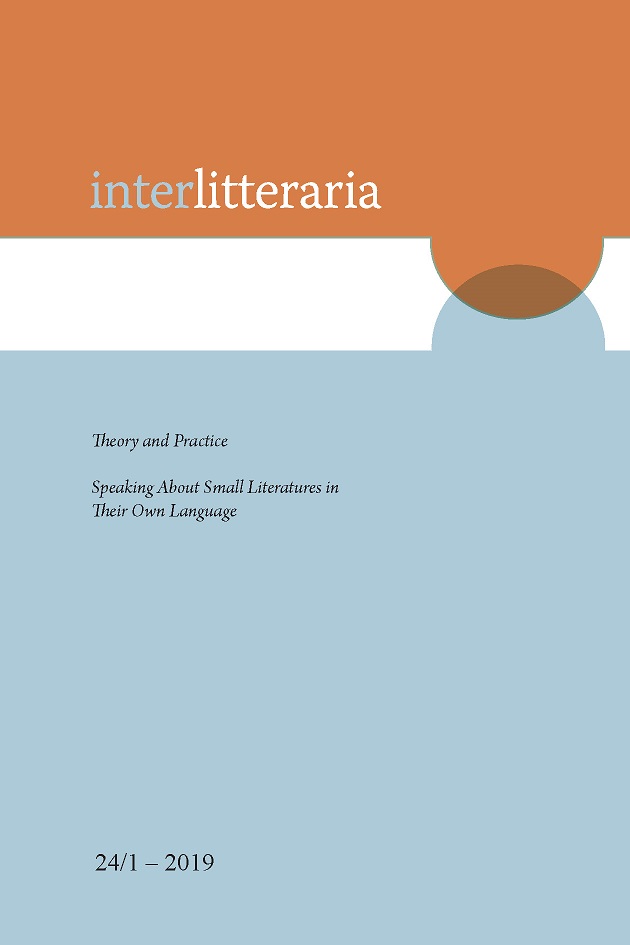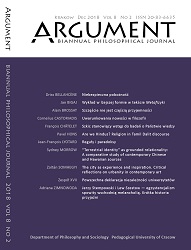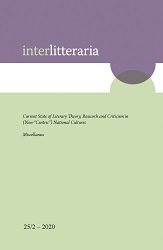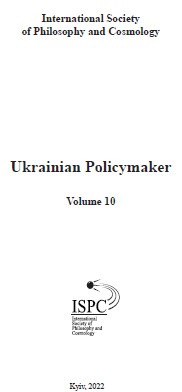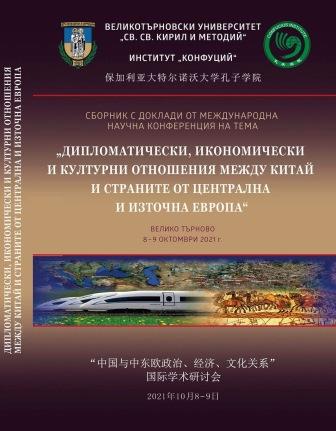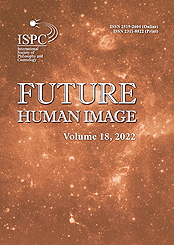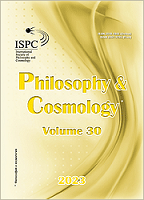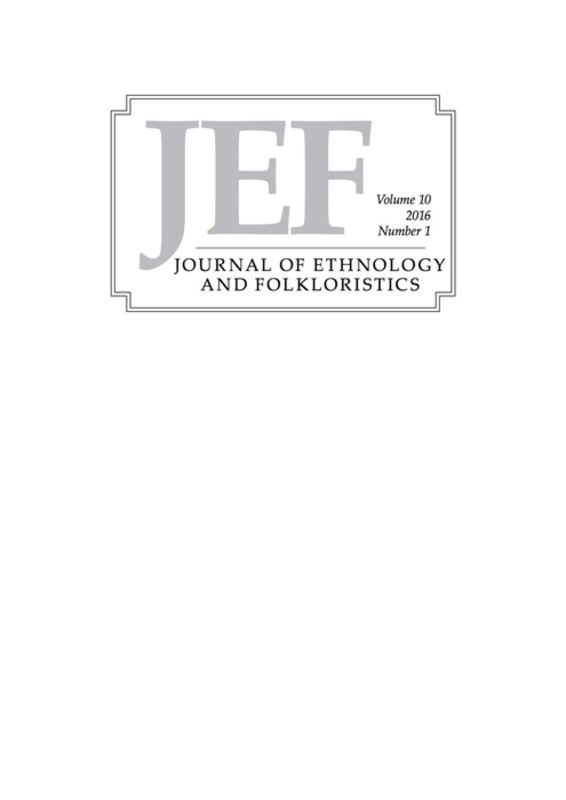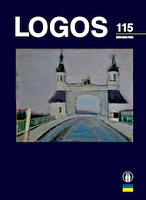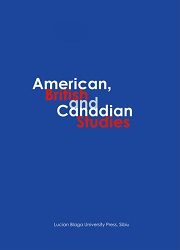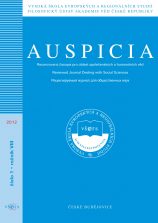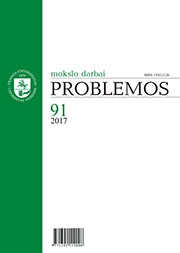
„BU DAODE“ ELGESYS KINIJOJE IR VAKARUOSE. KAIP IŠVENGTI ASIMETRIŠKUMO TARPKULTŪRINĖJE NORMŲ PSICHOLOGIJOJE
It is a commonplace in contemporary English language literature of moral philosophy and moral psychology dealing with Chinese tradition or comparative issues, to use Chinese term daode 道德 as a technical translation for the English term moral. Such usage is supported by references to dictionaries, equivalent usage of both Chinese and English term by bilinguals, (Buchtel et al. 2015), and is also endorsed by contemporary Chinese academic authors writing on the questions about daode 道德 or lunli 倫理 (moral/ethical). (Gao 2005). At the same time, many authors also notice problems with equating morality with daode. This article is an attempt to provide some background to the conceptual inadequacies that appear in contemporary cross-cultural moral philosophy and psychology. It is claimed that sufficient empirical evidence exists to reject the possibility of equating the Western and Chinese normative domains, respectively conceptualized as morality and daode, despite their significant overlaps and resemblances. The current inertia of academic theories to assume universal nature of the structure of normative domains across cultures results in asymmetry in cross-cultural studies. It is suggested that more psychological and anthropological empirical studies using methods developed by experimental philosophy need to be done in order to gather data of the folk strategies and everyday linguistic practices of distinguishing between different normative domains. The hope is that theoretical conceptual frameworks thus could be adjusted to everyday linguistic practices and normative intuitions of the lay people in different cultures.
More...
